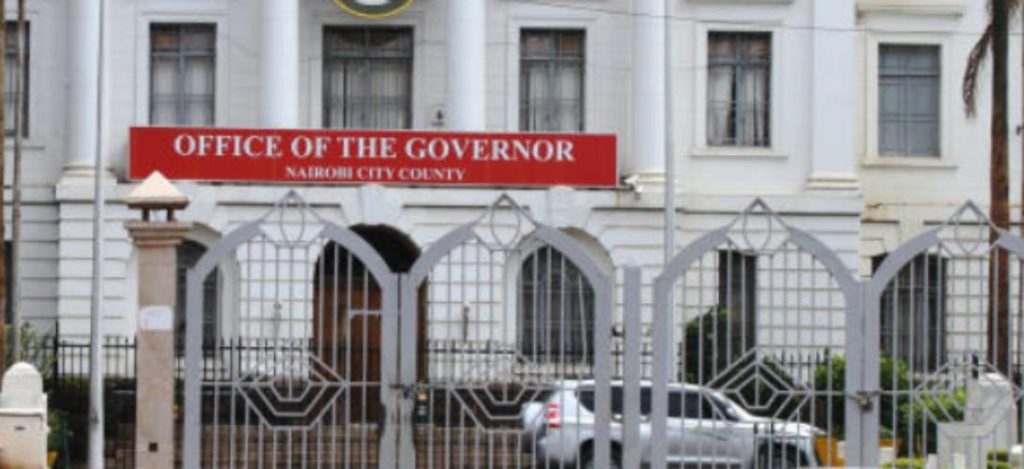City Hall (PHOTO: FILE) The Nairobi county government has formed a special unit to collect Sh829.5 billion it is owed by the national government and other institutions.
This was revealed in the Nairobi County Debt Management Strategy Paper for the 2021/2022 financial year, which was tabled in the assembly on Tuesday.
According the document, City Hall is owed shy of one trillion shillings–mainly in land rates by government institutions–which has accrued over the years.
The debt-collection unit will be tasked with following up on defaulters as well as issuing demand notices followed by enforcement upon expiry of the notices.
City Hall intends to use the money to pay off Sh76.9 billion it owes creditors. This amount includes Sh55.1 billion in verified debts and Sh21.8 billion in unverified debts. Read More
The county is eyeing Sh825.4 billion from land rates, single business permits (Sh904.6 million), Kenya Power wayleaves (Sh856.3 million), loading zones owned by the national government (Sh787.1 million), sundry debtors (Sh644.4 million), advertisements (Sh268 million), rental houses–Eastlands (Sh205.4 million), rental houses–EOTE (Sh198.9 million), wayleaves (Sh115 million), rental market stalls/TPS (Sh114.5 million) and private loading zones (Sh23.7 million).
“The county is in the process of collecting the monies through processes such as debt swaps, formation of a robust debt-collection unit to follow up on defaulters, and issuance of waivers on land rates to encourage compliance,” states the report.
On the flipside, City Hall owes statutory creditors Sh38.7 billion, suppliers and contractors (Sh6.7 billion), legal creditors (Sh4.1 billion), loans (Sh4.4 billion), utilities (Sh926.5 million), employees/retirees/deceased (Sh173 million) as well as unverified debts totalling Sh21.8 billion.
Finance Executive Allan Igambi said the county inherited a large portfolio of debt from the defunct City Council of Nairobi. This includes long-term loans from development partners for the expansion of water infrastructure in the 1970s by the defunct council, and housing projects guaranteed by the National Treasury.
The county is now banking on engaging in a debt/assets swap with institutions such as KPLC and the National Social Security Fund and banks as a management strategy, states the report. Negotiations are already underway with Kenya Commercial Bank to repay Sh55 million every month for eight years.
